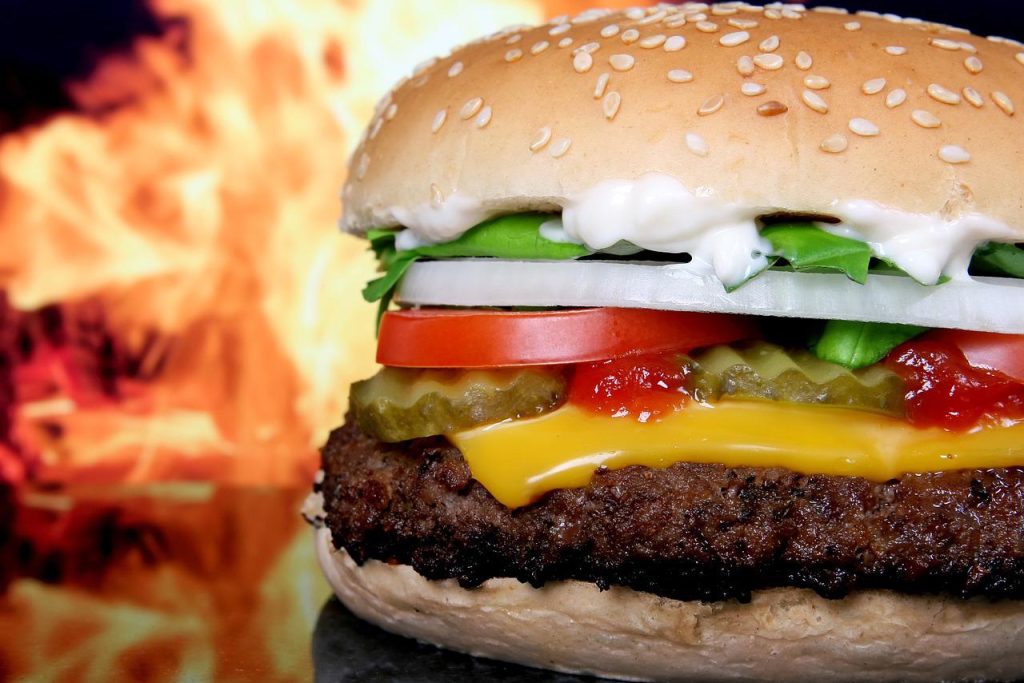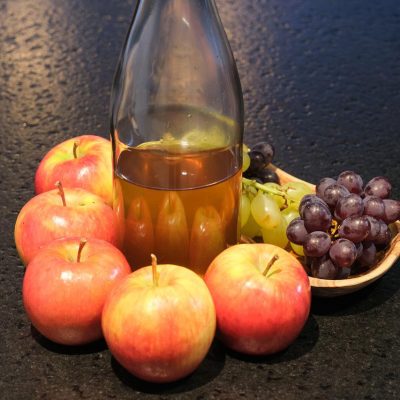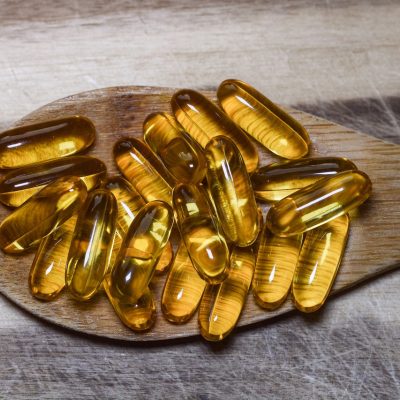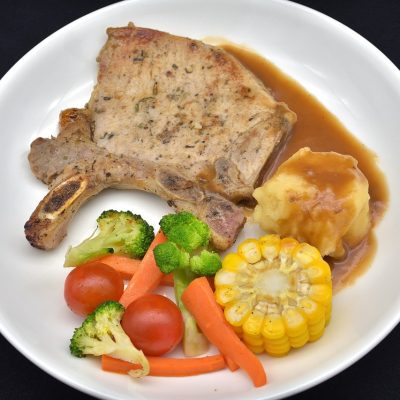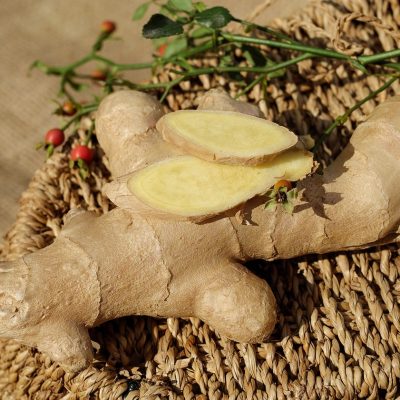A new line of kosher, vegan, gluten-free, allergen-free pig patties and vegan turkey burgers was introduced this week by Israeli food tech business SavorEat. An Israeli chain restaurant already carries them, and they’ll soon be on the menus of restaurants in the United States.
A plant-based cellulose fiber, plant-based ingredients in cartridges, and 3D printing all combine to create a meaty feel in SavorEat’s products. The researchers from the Hebrew University of Jerusalem’s Yissum Research Development Company, Prof. Oded Shoseyov and Prof. Ido Braslevsky invented the cellulose fiber. In 2018, they teamed forces with entrepreneur Racheli Vizman to launch SavorEat.
Food by Robot Chef
They also created a unique “robot chef” to produce the patties per the criteria. Burgers manufactured with variable proportions of protein, fat, water, cellulose, and tastes and colorings may be cooked or grilled in the washing machine-sized device, creating the same “sizzling noises” and releasing the same scents as Meat.
What Does Vizman Say About SavorEat?
It’s a part of the eating experience, according to Vizman, who says it’s the height of two large microwaves and the length of one. SavorEat is more than simply burgers. It’s the first time a robot chef has created a product specifically for a single consumer, and we’re excited about the possibilities this opens up.
“It’s a whole different experience,” she said in an interview with the Times of Israel earlier this year.
Food Tech Industry
Moreover, with a rising position in the food tech industry’s alternative protein sector and a strong message on climate change, the Rehovot-based firm is also heavy on environmental aims.
Meat production accounts for 23% of all greenhouse gas emissions, while ammonia from urine contributes to acid rain. One pound (0.4 kilos) of beef requires around 1,000 gallons (3,785 liters) of water. In the Amazon rainforest, cattle ranching is responsible for 70% to 80% of the deforestation.
Cleaned Production In Environment
According to SavorEat, proteins derived from plants produce a lot lower greenhouse gas emissions (GHG) emissions than animal-based proteins.
Compared to an estimate from 2022, “the world might witness a decrease compared to decarbonizing 95 percent of the aviation industry” if the plant-based protein sector grows to reach 11 percent of total protein consumption by 2035.
“At SavorEat, we are passionate about offsetting carbon emissions and reducing waste, which is why we created a product that can do both,” Vizman said in a company statement released this week.
- We created a product that can do both because we are passionate about offsetting carbon emissions and reducing waste.
- By expanding into other plant-based meats, we aim to provide a greater variety and customization, to empower the planet to eat differently, with more healthy and sustainable options to reduce ecological impact,” she said.
- We hope to provide a greater variety and customization, to empower the planet to eat differently, with more healthy and sustainable options.
She has been quoted as saying that “personalized food and medication is the next big thing and that I wanted to provide better solutions” than those that are now available.
She dreams that the robot chef and the 3D printing machine would “become the next microwave, a microwave that really prepares the food, in people’s homes, simply, more cost-efficiently, and everyone can eat how they want.”
Plantish Funding
An Israeli-based company called Plantish recently raised $12 million in funding – To develop plant-based protein products, including Redefine Meat; a developer of 3D-printed animal-free meat cuts (burgers, sausages, lamb kebabs, and ground beef).
Wrapping Up
It has currently sold in some 200 restaurants and establishments in Israel and Europe (including Michelin-starred eateries). Refine Meat has secured an agreement with Israeli-based hospitality brand Selina to provide plant-based meat alternatives at more than 150 Selina venues, beginning in Tel Aviv and London.
Diversification Plans
At the beginning of 2022, Redefine Meat successfully raised $135 million to expand its manufacturing lines in Israel and the Netherlands. The United States, Europe, and Australia are the three regions in which SavorEat has submitted patent applications for its 3D food creation technology.
Read more:

